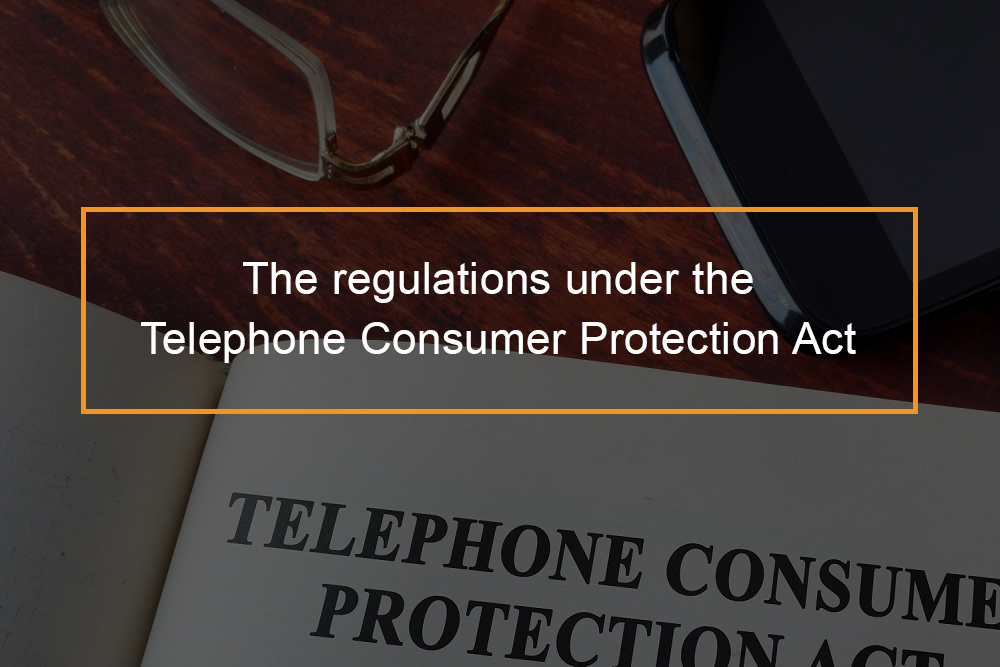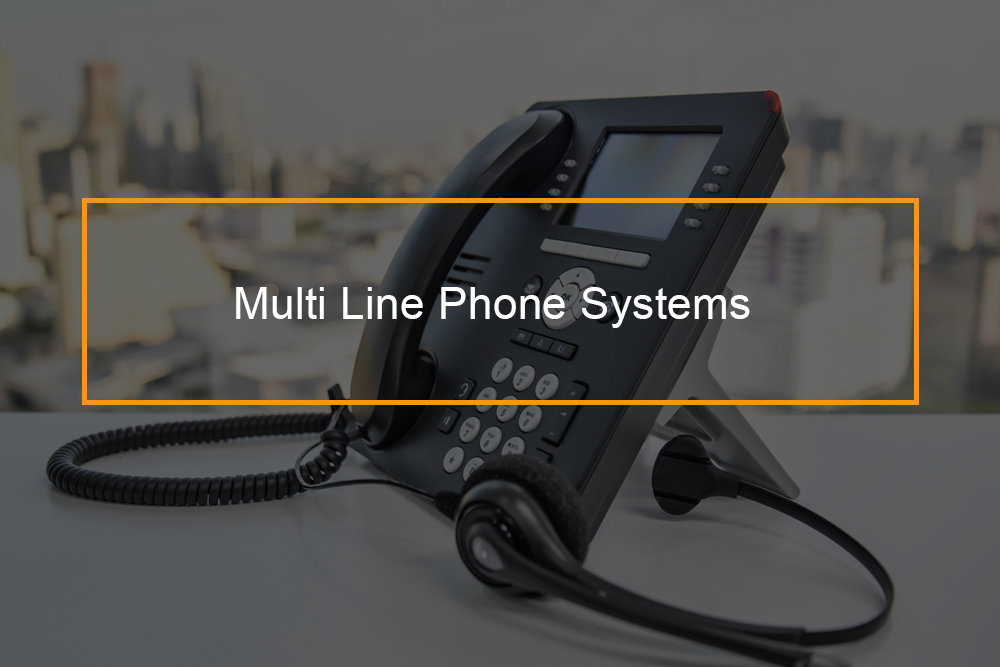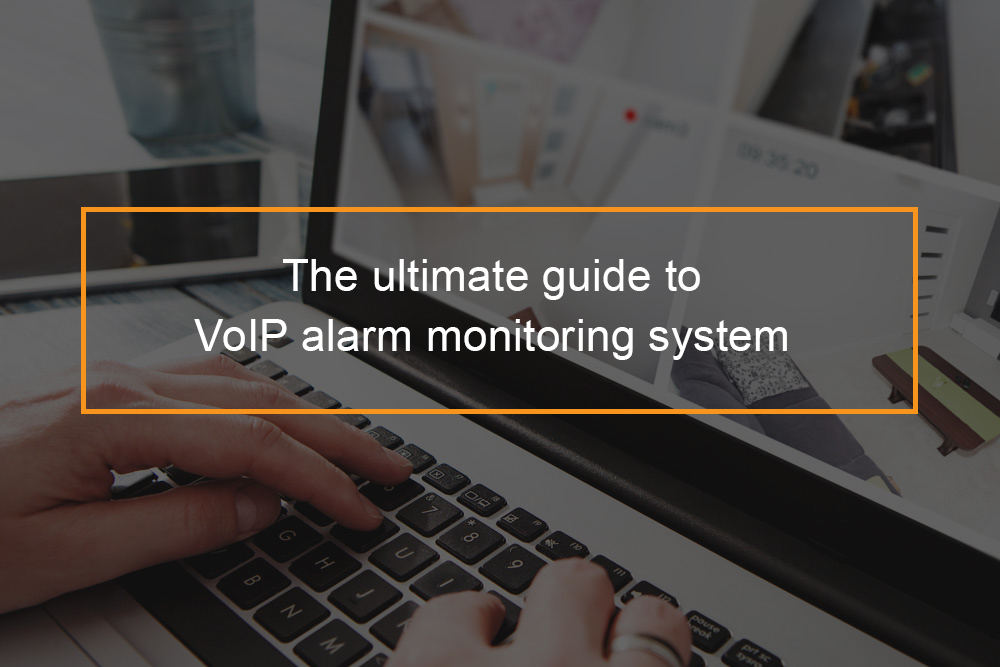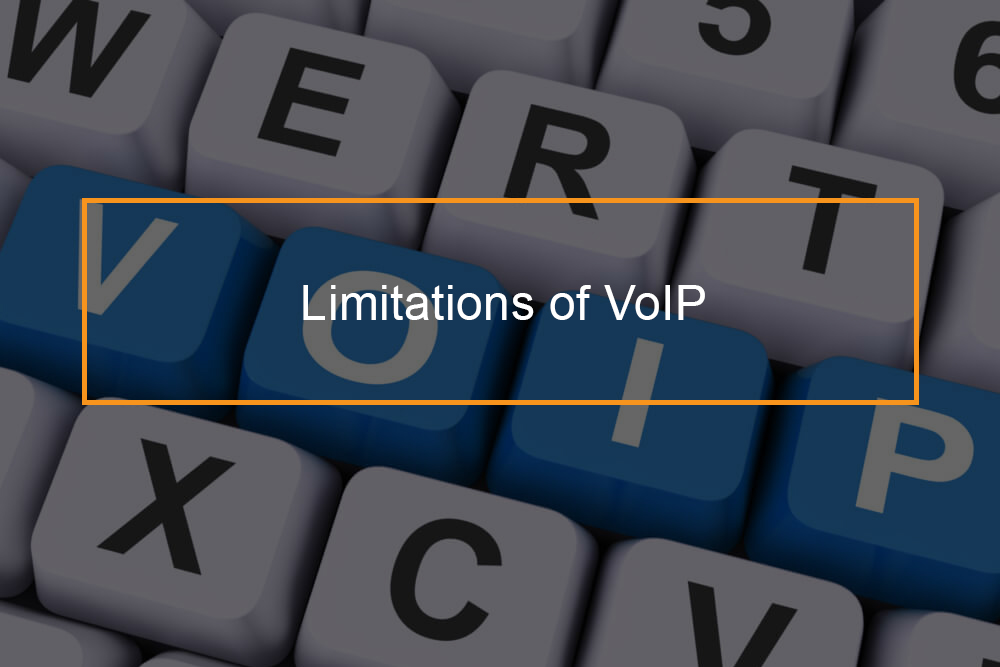 The Telephone Consumer Protection Act TCPA is in charge of regulating auto dialed calls, telemarketing calls, pre-recorded calls, illegal robocalls, unsolicited faxes, and text messages. TCPA also creates the National Do Not Call List. The TCPA rules and regulations are issued by the Federal Communications Commission FCC, which is currently headed by chairman Pai.
The Telephone Consumer Protection Act TCPA is in charge of regulating auto dialed calls, telemarketing calls, pre-recorded calls, illegal robocalls, unsolicited faxes, and text messages. TCPA also creates the National Do Not Call List. The TCPA rules and regulations are issued by the Federal Communications Commission FCC, which is currently headed by chairman Pai.
What is the Telephone Consumer Protection Act?
The TCPA is a law that prohibits some automated calls, faxes, and texts sent by advertisers and marketers. The law is issued and implemented by rules and regulations from the Federal Communications Commission. Victims of illegal calls are protected under TCPA and can collect damages of not less than $500 per illegal call, fax, or text. The TCPA has been here since 1991, but the FCC has frequently been updating its rules and regulations to suit the technological changes to better protect the consumers. Newer regulations came up that required telemarketers to obtain written consumer consent before making calls or sending messages. Before getting deep into the TCPA restrictions, there are related terms we should be familiar with: definition of an auto dialer and what constitutes consent.
Autodialer under the TCPA
Definition of autodialer
An auto dialer can be defined as a software that automatically dials numbers from a predetermined contact list. The system then connects to a live agent or plays a pre-recorded message. The aim is to replace the manual dialing done by call agents to increase productivity. Autodialers can be predictive dialers, preview dialers, progressive dialers, and TCPA dialers. They all function as an autodialer. This auto dialer definition is a simple one. For an extensive definition of autodialer, read our article: Auto dialer: A detailed review of the automated call center software.
The definition of consent
What constitutes consent?
Telemarketers are able to send clients automated messages and calls provided the client has given them written consent. There is also unwritten consent that applies in other situations.
Written consent
Written consent should meet the following criteria:
- Should be written after the caller has made it clear that the client should expect future automated calls.
- It must be written in a very clear way to give permission for the business to call.
- The writing can be in email, text, or other electronic forms.
- Should not be tied to purchase of any product or service.
- Giving out your number does not count as written consent.
Unwritten consent
Non-telemarketing calls may not require written consent, but consent is still required. Unwritten consent can be as follows:
- Giving out your number to a company counts as unwritten consent.
- Consent can also be a verbal one.
Unwritten consent is also contextual. If a client gives consent to be contacted regarding a specific subject, it cannot be applied beyond the specific subject.
The TCPA’s restrictions on advertisements and telemarketing under the FCC rules
TCPA rules and guidelines
The restrictions cover:
- A landline telephone on the national do not call registry
- A subscriber before 8 am and after 9 pm local time
Telemarketing refers to the initiation of a message or telephone call for the purpose of convincing someone to buy, rent, or invest in property, goods, or services. In October 2013, a law was passed that required advertisers and telemarketers to get written consent before making auto dialed or prerecorded calls or text messages to a wireless or wired number.
This TCPA law came with some expectations
- Manually dialed calls that have no pre recorded messages
- Emergency calls
- Non-commercial calls
- Commercial calls that do not constitute telemarketing or include and advertisement
- A healthcare-related message
- A call made by a nonprofit organization that is tax-exempt
Other restrictions under the TCPA
- An unanswered call is to be disconnected after four rings or before 15 seconds
- More than 3% of telemarketing calls answered by a live person for a single campaign within 30 days should be abandoned.
Other requirements for pre-recorded or artificial voice calls
- The caller must clearly identify themselves
- The caller must provide a different telephone number for the organization or business that the customer can call.
- The message must include a number or key for the opt-out option or for the do not call request.
The types of calls prohibited by TCPA
Phone calls prohibited under TCPA
Generally, unsolicited automated telemarketing phone calls are the ones prohibited by TCPA. Phone calls to cell lines are treated differently from calls to landlines. Let us look at the FCCs interpretation of the TCPA laws.
Phone calls to cell phones
Using a pre-recorded voice or any form of artificial voice to call cell phones without consent is illegal. This means using the automated telephone dialing system should only be by consent, even if the call is not a telemarketing call. There are, however, some exceptions, such as emergency calls, healthcare calls, and calls from your mobile service provider. The consent required also depends on the call. Advertisement calls or telemarketing calls need written consent. This consent must clearly state your permission for automated messages and calls from that specific company. For some non-telemarketing calls, the consent does not need to be a written one. Consent can be revoked at any moment. A call made after this becomes illegal again.
Phone calls to landlines or residential phones
Telemarketers and advertisers cannot call your landline phone using an artificial voice or a pre-recorded message without prior written consent.
There are exceptions as follows:
- Emergency calls
- Informational calls
- Commercial calls that are non-telemarketing or advertisements
Using an auto dialer to call a landline is permissible, provided there is a live agent on the call. Artificial or pre-recorded messages make it illegal. There are additional exceptions regarding calls to a landline.
Restrictions regarding the time of day
Telephone interaction before 8 am and after 9 pm are prohibited by the TCPA. This is the local time of the receiver. Therefore, if the receiver is in a different time zone, their time has to be considered.
The restrictions of automated calls made with consent
When someone gives written consent to receive automated calls from an organization, there are still rules that must be adhered to. These are:
- The caller must be identified in every automated message.
- The automated message must give the customer a do not call number.
- The system that sends text messages must have an opt-out option that is easily activated.
What if a wired number is connected to a wireless number?
According to the FCC, there is a 15 day grace period for calls made to phone numbers ported from wired lines to wireless. A person will not be liable for going against the law when the call is made to a wireless number ported from the wireline service. The provision is the call must be a voice call made to a wireless number unknowingly and made within the 15 days grace period. DNC compliance still stands as the number must also not be in the national do not call list or the company’s do not call registry.
Definition of an ATDS?
ATDS under the TCPA
Automatic Telephone Dialing System ATDS definition is a device with the capacity to store or produce telephone numbers that are random or sequentially generated, and also have the potential capacity to dial stored numbers. According to this ATDS definition, a predictive dialer qualifies as an ATDS as part of its process involves generating random or sequential numbers.
The subject the FCC and the ninth circuit focus on when determining whether a system qualifies an ATDS is the ability to call numbers without human intervention. Therefore, according to the ninth circuit adoption system and the DC circuit, if an agent must click a button dial each number, then that may not be considered as ATDS because there is some human intervention.
Who must follow the Do Not Call Laws?
DNC compliance
The Federal Trade Commission FTC and FCC created the National Do Not Call registry in 2003. This registry provided a safe harbor for the public against anonymous advertisement calls as telemarketers are prohibited from calling phone numbers on this list. Telemarketers are required to download and go through the DNC Registry after every 31 days unless otherwise.
If a telemarketer wants to call someone on the DNC registry, they must:
- Have PEWC from the consumer
- Have an Established Business Relationship with the client
An Established Business Relationship can be defined as a situation where a client has participated in a transaction with the seller within 18 months or inquired about their goods within three months. Organizations that run telemarketing campaigns must also have an internal company-specific Do Not Call list. In fact, the law states that no business may start a telemarketing call without having procedures for maintaining a list of people who do not want to receive telemarketing calls made by the business.
What is the TCPA compliance risk?
If a business is not compliant with the TCPA regulations, then the plaintiff can file a lawsuit and collect damages. Most cases in court are about debt collection. If you have any questions regarding how the TCPA applies to your business and its processes, then it is recommended to contact the company’s legal team.
Related words:
- White collar
- Food and drug
- Bankers association
- Aca intl
- Food and drug law
- California court
- Law student
- Attorney advertising
- Aca international
- Statutory definition
- Seeking comment
- Circuit Split









